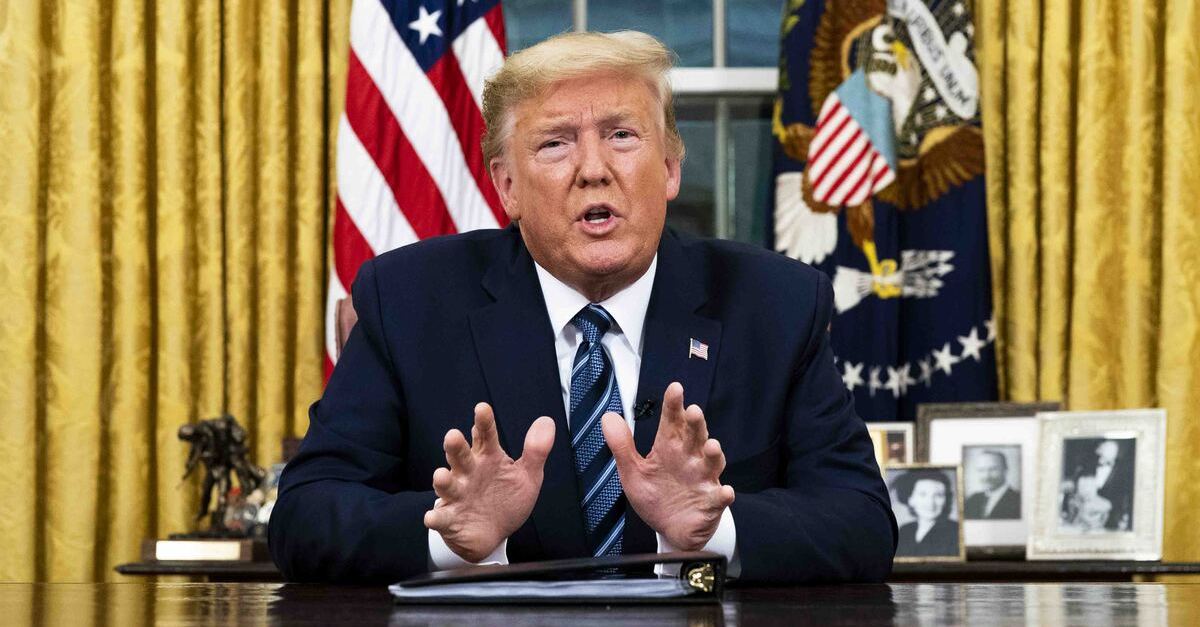
For weeks, President Donald Trump resisted calls imploring him to use the full power of the Defense Production Act (DPA), a law that imbues the president with broad authority to compel private sector businesses to manufacture emergency materials for the purposes of America’s national defense and national security. But after “invoking” the act on March 18, Trump did not exercise his authority under the law to compel the private sector into action. On March 27, he ordered General Motors to begin producing ventilators desperately needed to save lives amid the COVID-19 pandemic. Even then, though, he technically passed the authority to Health and Human Services Secretary Alex Azar. In explaining his hesitance to unleash the Act, Trump argued that he wanted to avoid “nationalizing” U.S. businesses. Congressional reports, however, estimated that his administration used the law as many as 300,000 times a year, and for military-related projects.
The DPA allows the government to compel companies to accept its contracts and prioritize the production of critically needed materials – a power the Pentagon uses on a regular basis, according to the New York Times:
The Defense Department estimates that it has used the law’s powers 300,000 times a year. The Department of Homeland Security — including its subsidiary, FEMA — placed more than 1,000 so-called rated orders in 2018, often for hurricane and other disaster response and recovery efforts, according to a report submitted to Congress in 2019 by a committee of federal agencies formed to plan for the effective use of the law.
The DPA has reportedly been used to place orders for the building of drones and missiles, and for Border Patrol agents’ body armor.
Trump, who says the U.S. is at “war” with an “invisible enemy,” has also said that he doesn’t want to use the DPA left and right so as to avoid turning the U.S. into Venezuela.
“The fact that I signed it, it’s in effect,” Trump said last week. “But you know, we’re a country not based on nationalizing our business. Call a person over in Venezuela, ask them how did nationalization of their businesses work out? Not too well.”
But despite the president’s comments, the DPA does not allow any private U.S. businesses to be nationalized.
According to the Times, people “familiar with Trump’s thinking” attribute his aversion to using the DPA not only to his notion of what constitutes a nationalized business, but also his concern that such a bold move would undermine his ability to deflect blame.
[image via Doug Mills-Pool/Getty Images]